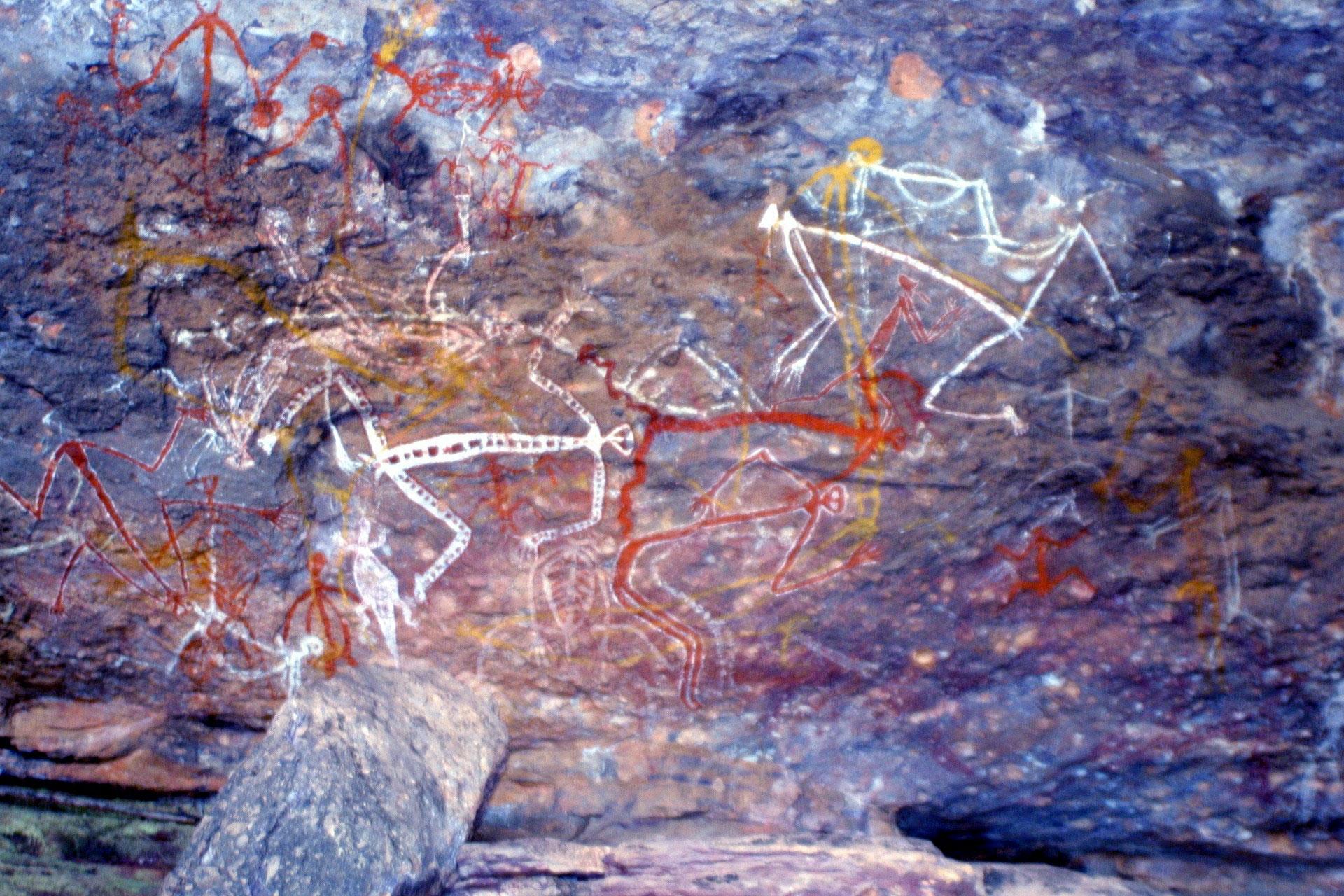Spirituality

‘Spirituality’ refers to connecting with something bigger than our individual selves.
For some people this will be through organised religion, worshiping God/Allāh and connecting with community through structured services and ceremonies.
For others it may be a range of ways of connecting with ideals, higher energy or higher consciousness.
One thing that seems clear is that as humans we thrive when we have meaning and purpose in our lives and this is usually connecting with something bigger – whether community, the environment, wilderness, ‘the Universe’, higher consciousness, a sense of the divine or a quest for truth. On the other hand as humans we tend to whither when we are limited to narrow individualistic pursuits.
Finding or clarifying your own spiritual commitments can be an important step towards a rich, full, satisfying life; can help to motivate you in your actions, including study; and can help sustain you through times of difficulty.
Blocks
Below you will find three common blocks (barriers and misconceptions) that can inhibit our understanding and development of spirituality.
-
Thinking of spirituality too narrowly
While organised religion is great for some people, others need to find their own path. Allow yourself the freedom to find the best way to connect with bigger communities, or whatever you conceptualise as a higher power or higher consciousness, such as Mother Earth, higher truth, or spiritual energy.
-
Living in a material world
It is easy in a material world to be caught up on the treadmill and not take time out to think of the spiritual, or not to stop to appreciate the value of it.
Recent research suggests that people who clearly link with spirituality are happier.
-
Being stuck in an individualistic world
Western cultures often focus on individual success and identity as opposed to many other traditional cultures which think in terms of community. The world we live in has a lot of assumptions and pressures about individualism. These pressures range from capitalist goals of building individual wealth, to advertising that we should be consumers, pressures to compete, and role models held up for individual achievement. Social media can often be good in making links to other people, but at other times can add a pressure to project a ‘success identity’.
Boosters
Below are three things you can do to boost success.
-
Find your inspiration
To feel inspired is to be infused and uplifted with energy and a higher purpose. Historically inspiration always came from outside of us – such as divine inspiration from God or the gods or creative inspiration from the Muses. In modern times we might be inspired by other people we admire or by ideals.
It is worth asking yourself:
- When are the times that I have felt inspired? – that is, what moved you?
- When did I feel connected to a deeper or higher part of me?
Then consider how it impacted on your mood, energy and activity. How might these personal moments link with your own connection to something greater, deeper or higher?
-
Clarifying your values and ideals
Health psychologist Kelly McGonigal suggests in The Upside of Stress that if we can identify how the things that we are doing link with our higher goals, then stress can be changed and channelled into a helpful resource – not just mentally but physiologically we can shift from the biology of stress to the biology of courage.
Clarifying your preferred values can help you connect to your goals. These may or may not be traditionally spiritual but often link with connecting with other people or goals beyond ourselves. It can be helpful to clarify your character strengths (which link with values).
-
Meditate
Meditation is an ancient practice that has had a huge upswing in popularity in recent years, and now has literally thousands of western scientific papers expounding its many benefits for health and wellbeing. Taking some time out to meditate allows a sense of stillness in the bustle and pressure of modern life, and is a great booster to a sense of peace and happiness in everyday life. View some meditation examples on our chill out page.
Need more info?
Religious support
- Access the university chaplains
- Find places/times for prayer (Muslim)
Book recommendation
- McGonigal, K. 2015 The Upside of Stress Vermillion, London.
Meditation
- Headspace meditate
- Or check out our meditate tab on the Mind & Body page
